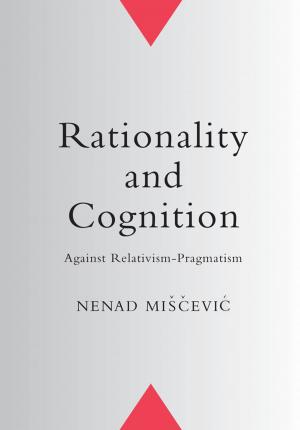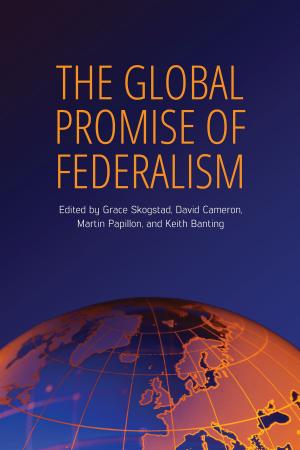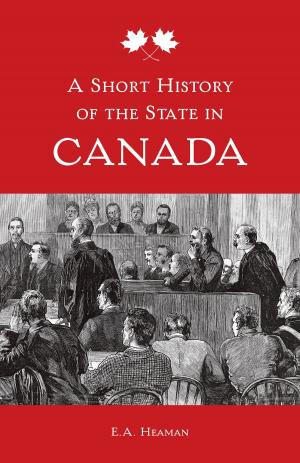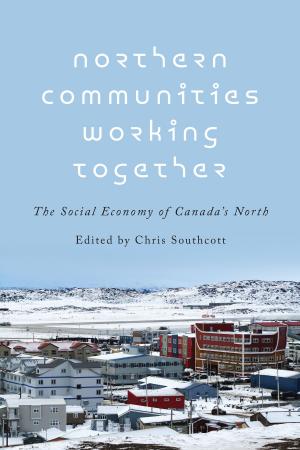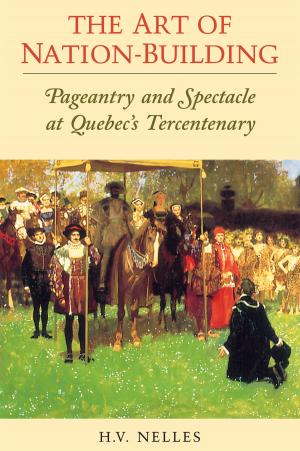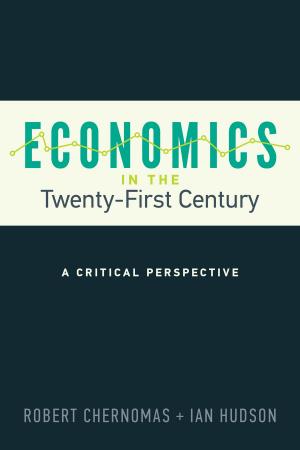The World Won't Wait
Why Canada Needs to Rethink its International Policies
Business & Finance, Economics, Sustainable Development, Nonfiction, Science & Nature, Nature, Environment, Environmental Conservation & Protection, Social & Cultural Studies, Social Science| Author: | ISBN: | 9781442620674 | |
| Publisher: | University of Toronto Press, Scholarly Publishing Division | Publication: | January 27, 2016 |
| Imprint: | Language: | English |
| Author: | |
| ISBN: | 9781442620674 |
| Publisher: | University of Toronto Press, Scholarly Publishing Division |
| Publication: | January 27, 2016 |
| Imprint: | |
| Language: | English |
The need for an ambitious and forward-looking Canadian international strategy has never been greater. The worldwide changes that jeopardize Canadian security and prosperity are profound, ranging from the globalization of commerce, crime, and political extremism to the impact of climate change on the economy and environment. The reaction from Canada’s policymakers, at least so far, has been underwhelming.
In The World Won’t Wait, some of Canada’s brightest thinkers respond. Covering both classic foreign policy issues such as international security, human rights, and global institutions and emerging issues like internet governance, climate change, and sustainable development, their essays offer fresh and provocative responses to today’s challenges and opportunities. The proposals are striking and the contributors diverse: Toronto’s chief city planner makes the case that Canada needs a global urban agenda, while a prominent mining executive explains how to revitalize the country’s position as a world leader in the sector. Their essays are sure to spark the kind of debate that Canada requires if its international policy is to evolve into the twenty-first century.
The need for an ambitious and forward-looking Canadian international strategy has never been greater. The worldwide changes that jeopardize Canadian security and prosperity are profound, ranging from the globalization of commerce, crime, and political extremism to the impact of climate change on the economy and environment. The reaction from Canada’s policymakers, at least so far, has been underwhelming.
In The World Won’t Wait, some of Canada’s brightest thinkers respond. Covering both classic foreign policy issues such as international security, human rights, and global institutions and emerging issues like internet governance, climate change, and sustainable development, their essays offer fresh and provocative responses to today’s challenges and opportunities. The proposals are striking and the contributors diverse: Toronto’s chief city planner makes the case that Canada needs a global urban agenda, while a prominent mining executive explains how to revitalize the country’s position as a world leader in the sector. Their essays are sure to spark the kind of debate that Canada requires if its international policy is to evolve into the twenty-first century.


